Change starts with small things.
By March 30, 2025, the whole province had 85/121 communes completing 19/19 criteria for new rural communes, (the Provincial People's Committee has issued a decision to recognize 72 communes meeting new rural standards; 16 communes meeting advanced new rural standards; 04 communes meeting model new rural standards ( Thai Binh commune, My Bang commune, Yen Son district, Vinh Quang commune, Chiem Hoa district and Binh Xa commune, Ham Yen district). Up to now, Tuyen Quang city has completed the task of building new rural areas according to Decision No. 1666/QD-TTg dated October 5, 2021 of the Prime Minister. Currently, the whole province has 72 communes completing environmental criteria in building new rural areas.
By 2025, the province strives to have 9 more communes meeting new rural standards, 2 communes meeting advanced new rural standards, and 2 communes meeting model new rural standards; by the end of 2025, the province strives to have 94 communes meeting new rural standards, with Ham Yen and Son Duong districts completing the construction to meet new rural district standards, and Tuyen Quang city maintaining and consolidating the results of completing the task of building new rural areas.
Women of Tan Trao commune (Son Duong) clean village roads and alleys.
Comrade Le Ngoc Tan, Vice Chairman of the Provincial Vietnam Fatherland Front Committee affirmed: Clearly defining the leading role of the Vietnam Fatherland Front Committee in promoting the great solidarity of the people, in recent times, the Vietnam Fatherland Front at all levels has not only propagated and mobilized but also monitored and criticized the process of organizing the implementation of environmental criteria in new rural construction. The Vietnam Fatherland Front at all levels has clear plans, specific goals, continuous inspection and supervision in organizing the implementation of this criterion. It can be said that the proactiveness of the grassroots government, the creativity of member organizations, the strong participation and response of the people, each person joining hands to act for the environment have created bright colors, sustainable changes in the picture of new rural construction in the whole province.
Previously, the practice of grazing livestock and poultry freely, dumping waste into canals, using disposable plastic bags... was common in rural areas. To solve this problem, comrade Ngo Minh Hoa, Chairman of the Vietnam Fatherland Front Committee of Duc Ninh commune (Ham Yen) shared: we focus on innovating propaganda methods, not only talking about theory in the hall, but also going to each household, each waste hotspot to directly mobilize. The team of union cadres was assigned the task of "going to every alley, knocking on every door, checking every subject", persistently persuading people to change their behavior.
Along with that, we concretize the content of environmental sanitation into small, easy-to-remember, easy-to-do criteria such as: do not litter, do not raise free-range livestock, do not let wastewater flow into the street; clean house, clean kitchen, clean alley, renovate hygienic livestock barns. Periodically, mass organizations monitor, publicly commend, and remind households. This method is meticulous, but clearly effective.
People's awareness - the core of sustainability
In reality, environmental sanitation work is not effective if only one-way propaganda is carried out. It is necessary to mobilize the real participation of the people for the environment to be truly sustainable. Comrade Ha Xuan Hung, Secretary of the Dong Danh Village Party Cell, Duc Ninh Commune (Ham Yen) said that the village has 141 households and 574 people. In the past time, the village has established 5 groups of households, assigned party members in the Party Cell to be exemplary in propaganda, mobilizing families and relatives to do a good job of maintaining environmental sanitation, assigned heads of mass organizations to be group leaders in charge of propaganda, mobilizing people to collect, classify and treat waste at the source. Organic waste is composted as fertilizer, recyclable waste is collected separately for sale, dry waste that cannot be decomposed into organic waste is put into the incinerator. Every week, a group of households cleans up the village roads and alleys, and takes care of the flower paths on the assigned roads. Thanks to that, the environmental sanitation work of the village has become routine, the village roads and alleys are always kept clean and beautiful.
Environmental protection is a regular and continuous process, only then will the construction of new rural areas be truly sustainable. Ms. Trieu Thi Lam Hanh, head of the Women's Association of Tan Lap village, Tan Trao commune (Son Duong) shared: Women are the ones who keep the fire burning in each family. When women understand and set an example in maintaining flower roads and self-managed roads, their children will follow suit, thereby making their homes clean and their neighborhoods beautiful. Roads that used to be overgrown with bushes and weeds are now regularly cleaned, cleared, and planted with flowers, creating a bright and cool landscape. People realize that a clean village, beautiful roads, and fresh air make life worth living, and visitors will want to stay longer, thereby spreading and multiplying the awareness of green living in the community.
The story in the Cultural Tourism Village of Tan Lap hamlet, Tan Trao commune is not an isolated one. Environmental awareness has become a new way of life, a measure of civilization in residential areas, contributing to making the environment a widespread movement with a high sense of community. Ms. Dang Thi Ngoi, Head of the Front Committee of Tram An residential group, Yen Son town (Yen Son) shared that at first, when propagating and mobilizing people to clean up and maintain environmental hygiene, people were hesitant and hesitant, but now it has become a habit, every household throws garbage in the right place, reminds each other to maintain public hygiene, no one stands outside, before each person was the target of propaganda, now they have become the subject of action, a part of daily life in Tram An.
The Environmental Criteria is not just a number in the new rural criteria. It is a measure of civilization, the foundation for quality of life, the image of a developed village without sacrificing the environment. To do so, we must persistently sow “green seeds” in awareness and action. Only when the environment becomes a habit, a way of life, a source of pride for each citizen, will the new rural area be truly sustainable.
Source: https://baotuyenquang.com.vn/no-luc-thuc-hien-tieu-chi-moi-truong -211785.html


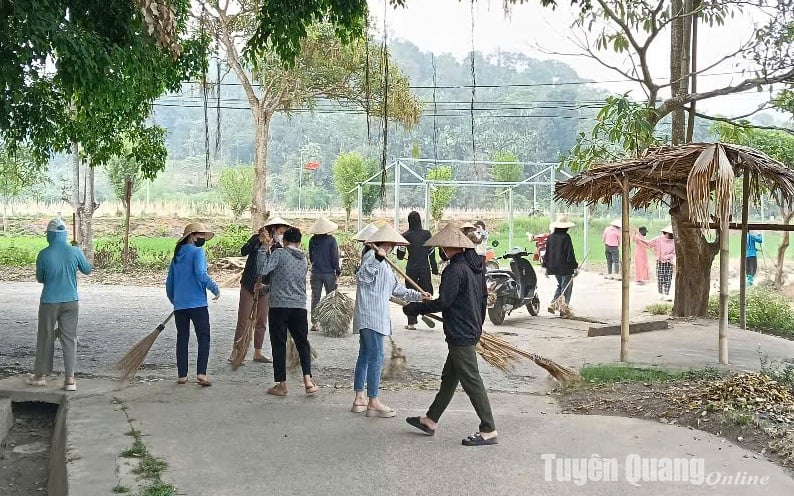
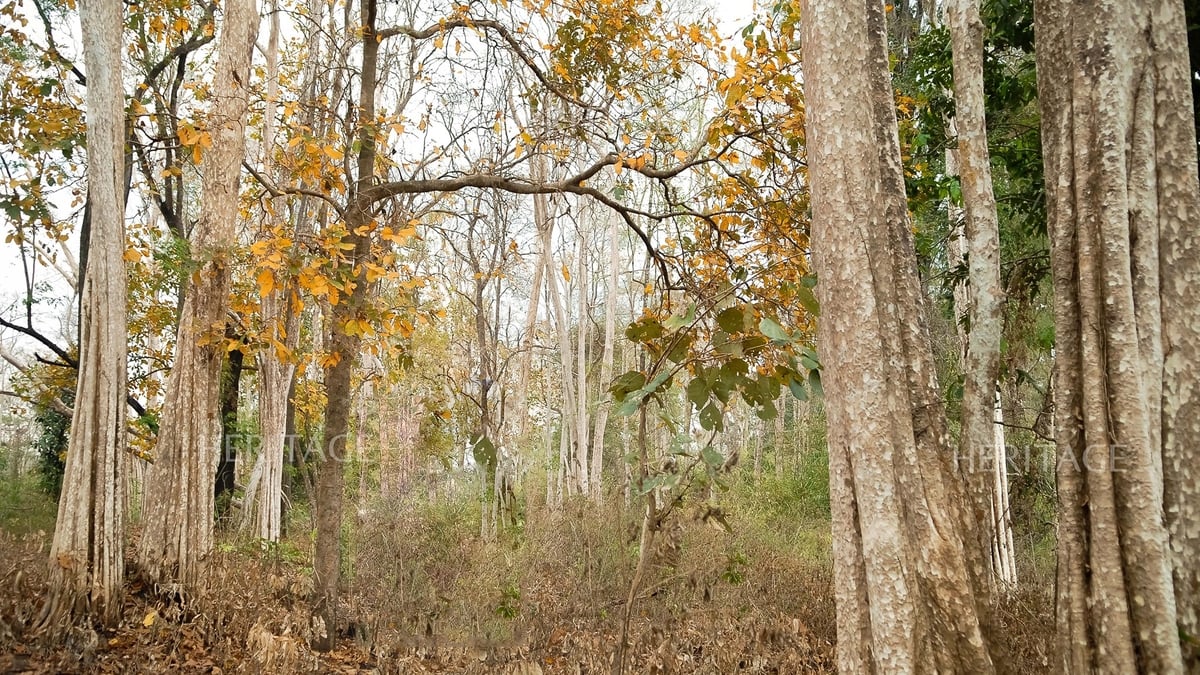


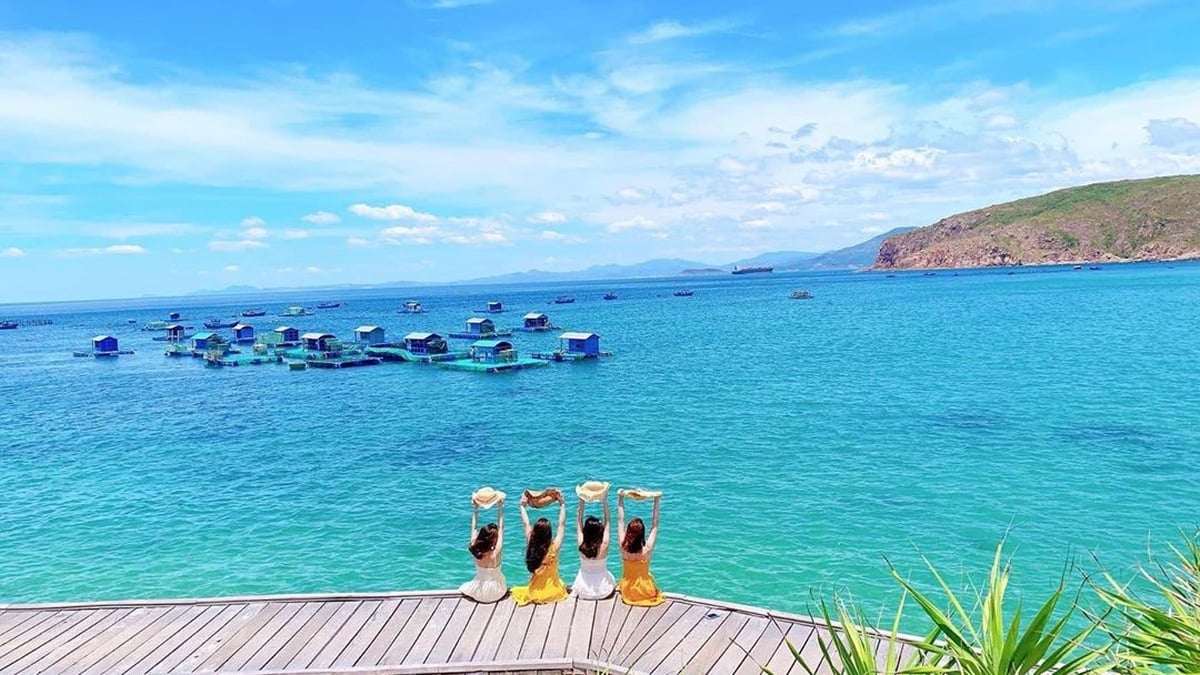

![[Photo] General Secretary To Lam receives First Deputy Secretary General of the African National Congress (ANC) of South Africa](https://vphoto.vietnam.vn/thumb/1200x675/vietnam/resource/IMAGE/2025/5/20/bb2999907e1245d5b4c7310a890d8201)
















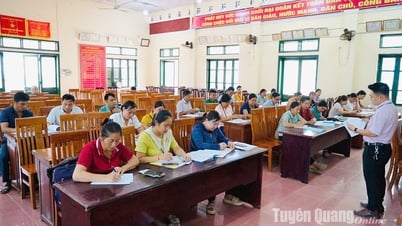
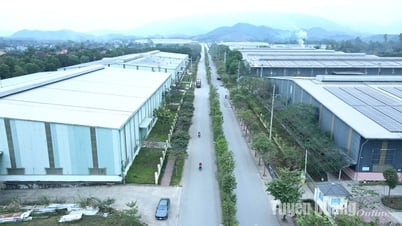
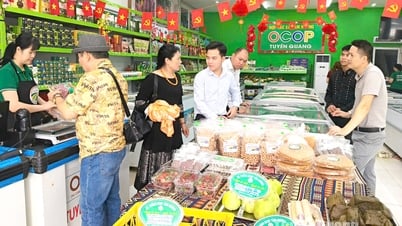
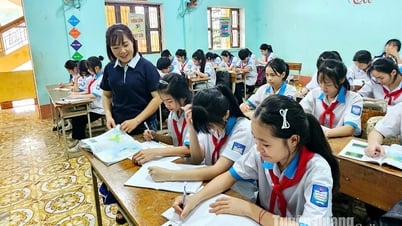
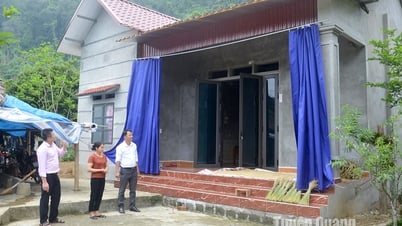
![[Photo] Vietnamese shipbuilding with the aspiration to reach out to the ocean](https://vphoto.vietnam.vn/thumb/1200x675/vietnam/resource/IMAGE/2025/5/20/24ecf0ba837b4c2a8b73853b45e40aa7)
![[Photo] Award ceremony for works on studying and following President Ho Chi Minh](https://vphoto.vietnam.vn/thumb/1200x675/vietnam/resource/IMAGE/2025/5/20/a08ce9374fa544c292cca22d4424e6c0)







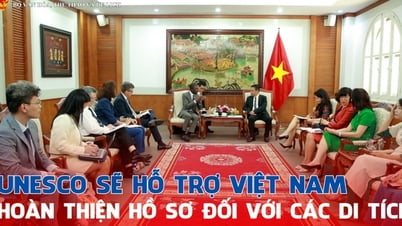

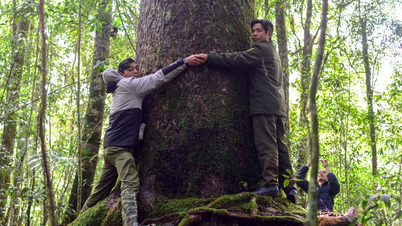


















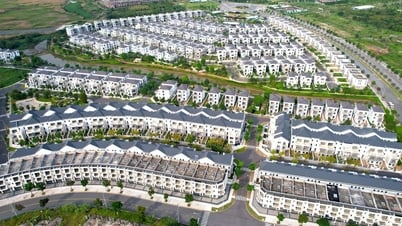





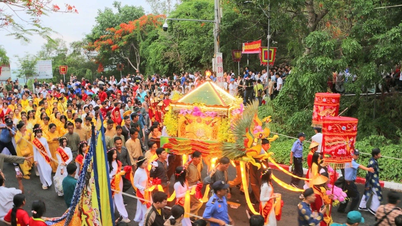


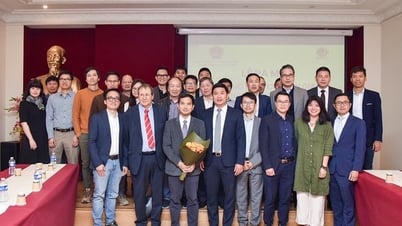

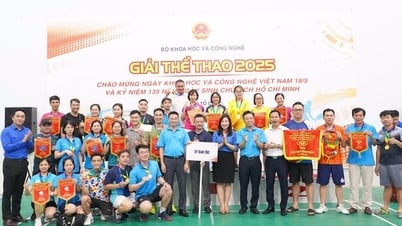


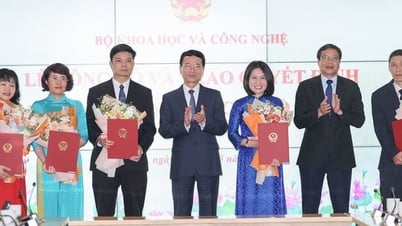
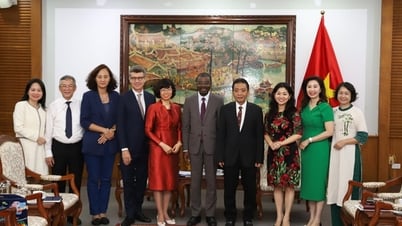


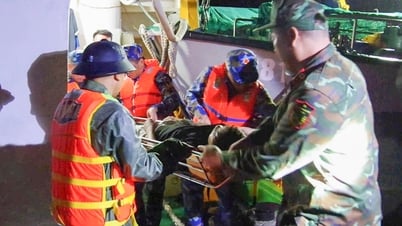
















![[VIDEO] - Enhancing the value of Quang Nam OCOP products through trade connections](https://vphoto.vietnam.vn/thumb/402x226/vietnam/resource/IMAGE/2025/5/17/5be5b5fff1f14914986fad159097a677)
Comment (0)